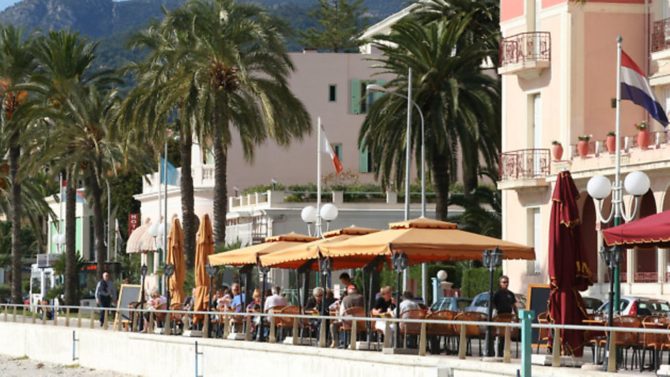Resale tax

David Anderson explains the latest amendments relating to the resale of properties less than five years old
There has been an important change effective from 31 December 2012 in the way VAT is charged on French property less than five years old. From now on only people registered for VAT will have to charge VAT when a building is sold.
The change is to be welcomed as a glimmer of light in an otherwise bleak tax outlook in France. It will increase the number of nearly new properties coming onto the market and help new build developers considerably.
THE FORMER POSITION
The previous position was that if the seller was not registered for VAT then the only supply of a building which was subject to VAT was the sale of a building less than five years old which the seller had purchased as a new building.
VAT had to be charged by the seller (whether registered for VAT or not) on the sale of the new building and on the first sale on if this took place within five years.
If there was a second sale on within the first five years then this was outside VAT. The seller had to pay the VAT and the purchaser did not have to pay the stamp duty at 5.09%.
EXAMPLE OF FORMER POSITION
By way of an example if Mr A, a private individual, bought a flat as his main residence new for €200,000 from a developer VAT was included in the price. Accordingly the price of the apartment was €167,224 with VAT of €32,776. Mr A paid reduced notary fees because there was no stamp duty payable.
Many buyers were unaware they were paying the VAT as this was paid over the French tax authorities by the developer. The position here has not changed. The developer is registered for VAT and must continue to charge VAT on new flats sold.
If Mr A then resold the property three years later for €250,000 (within the first five years) the position was that the price of the property was €209,030 and the VAT included in the price was €40,970. On completion Mr A’s notaire would pay to the French tax authorities the difference between the two VAT amounts i.e. €40,970 less €32,766 equals €8,194.
Mr A would be paid the net amount €250,000 less €8,194 equals €241,806. The buyer would pay the reduced notaire’s fees.
Effectively all that happened was that the French authorities deemed Mr A to be VAT registered and topped up the VAT on any sale within five years.
THE NEW POSITION
The position has now changed for the second sale. The developer on the first sale still has to charge VAT because he is registered for VAT.
However on the second sale by Mr A no VAT will be charged by Mr A. Mr A would not be able to recover any VAT he paid on the purchase from the developer. The buyer however would have to pay stamp duty at 5.09%.
EXAMPLE OF NEW POSITION
On the sale on Mr A keeps the full €250,000 sale price. He is accordingly €8,194 better off.
The buyer from Mr A will be worse off because he now pays the 5.09% stamp duty which previously he did not pay.
The change in the law is accordingly good news for the seller but bad news for the purchaser.
EFFECT ON THE MARKET
Previously buyers of new-builds were reluctant to sell within the first five years because they would have to pay VAT on the increase in value of their property. They were better off selling after five years when no VAT had to be paid.
The property became marginally less attractive to a buyer because the buyer then had to pay stamp duty at 5.09% but most buyers had already factored in paying this anyway. It was always difficult increasing the sale price but telling buyers they would have reduced notaire’s costs. Explaining to even financially sophisticated sellers how the VAT operated was always a challenge.
Now sellers of properties under five years old have no incentive to wait before selling. A new market has been created in France which did not exist before. People can now buy off plan with a view to holding a property for say two years and then selling on as many investors do in the UK.
French property developers will be pleased by this as it offers them access to more finance from investors rather than just end user buyers when they sell off plan (called VEFA in France) and receive stage payments earlier on in the development.
It is good news for estate agents doing re-sales as they will no longer have to wait five years before units on new developments are offered for sale.
OTHE RELIEF
Insofar as the stamp duty is concerned the exemption allowing a purchaser who is registered for VAT to enter into an agreement to resell the property or to build a property is maintained.
This allows such a VAT registered purchaser not to pay the 5.09% stamp duty provided the purchaser honours its ‘engagement’ to resell or to build the property within the time limits set out in the French tax code.
Please note that tax law is a complex subject and you should not rely on this article without professional advice on the facts of your case
David Anderson is Solicitor Advocate and Chartered Tax Adviser at Sykes Anderson LLP
Tel: 020 3178 3770
www.sykesanderson.com
Share to: Facebook Twitter LinkedIn Email


